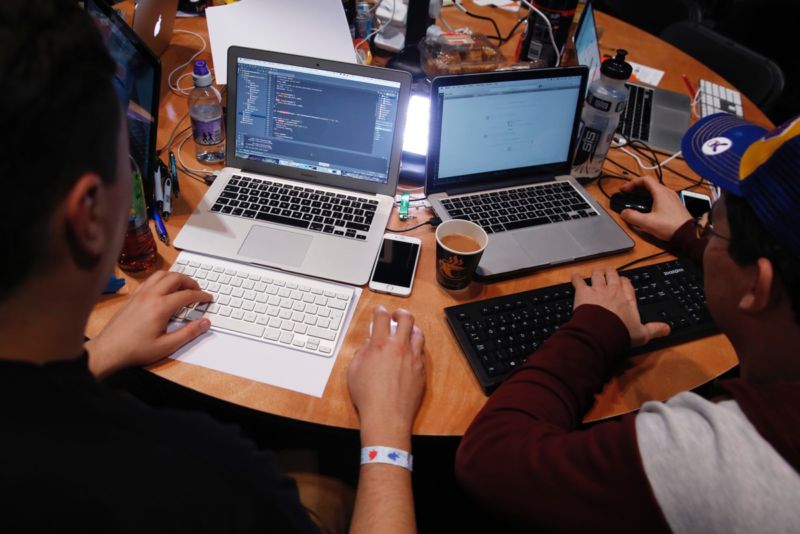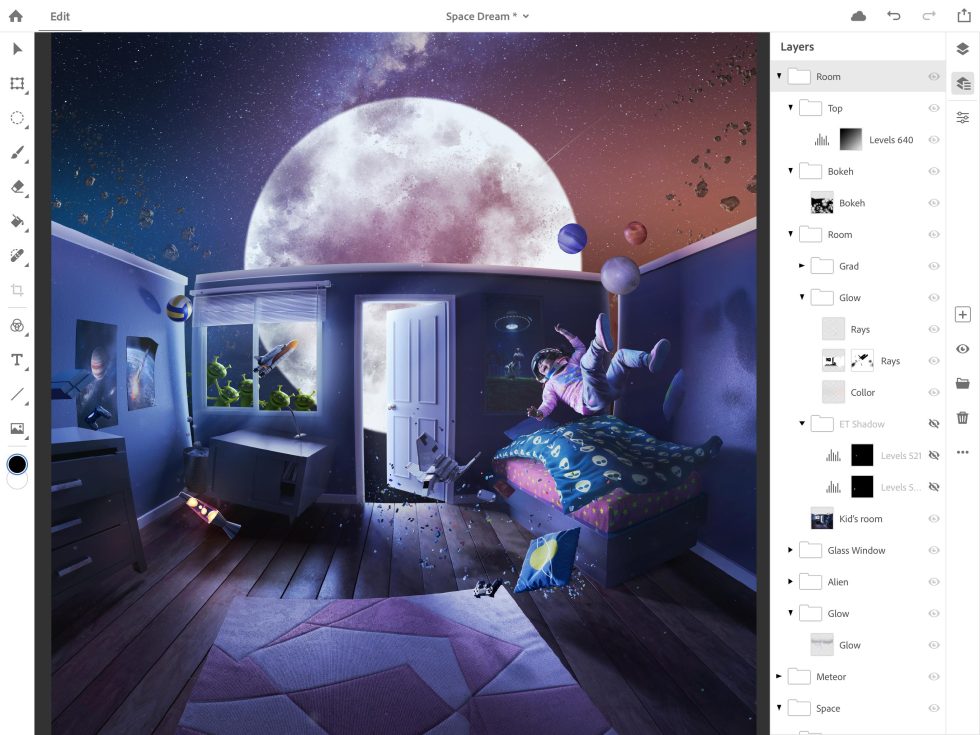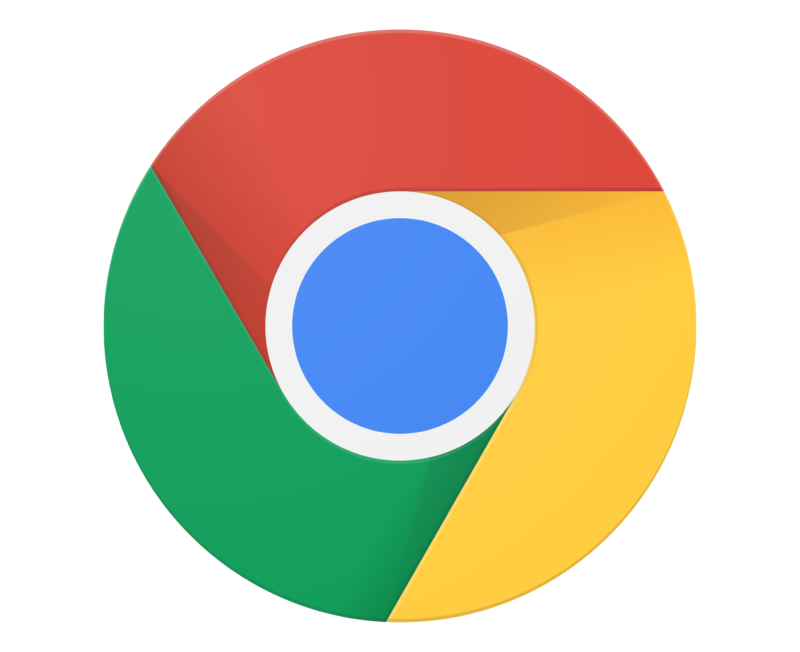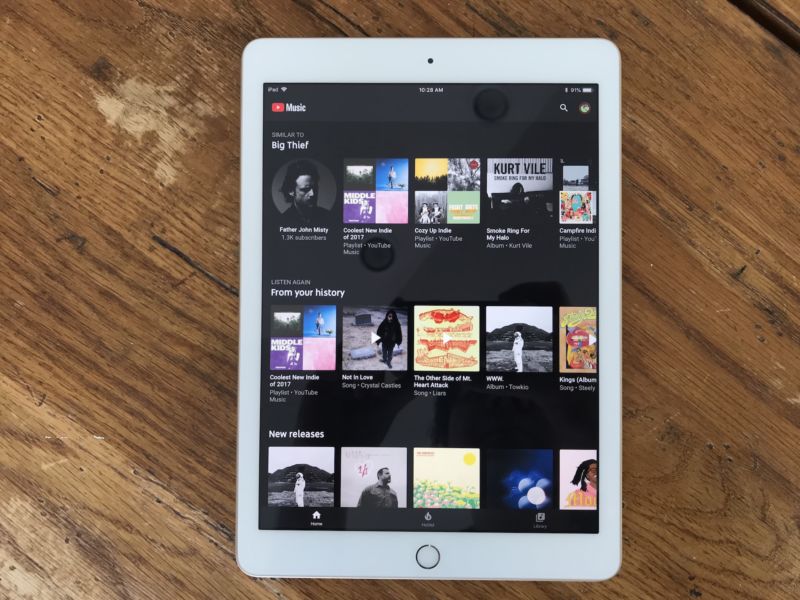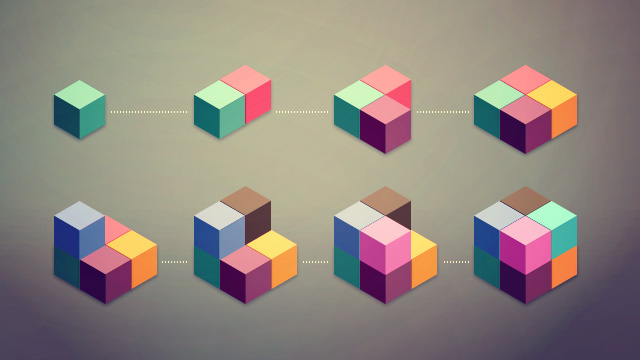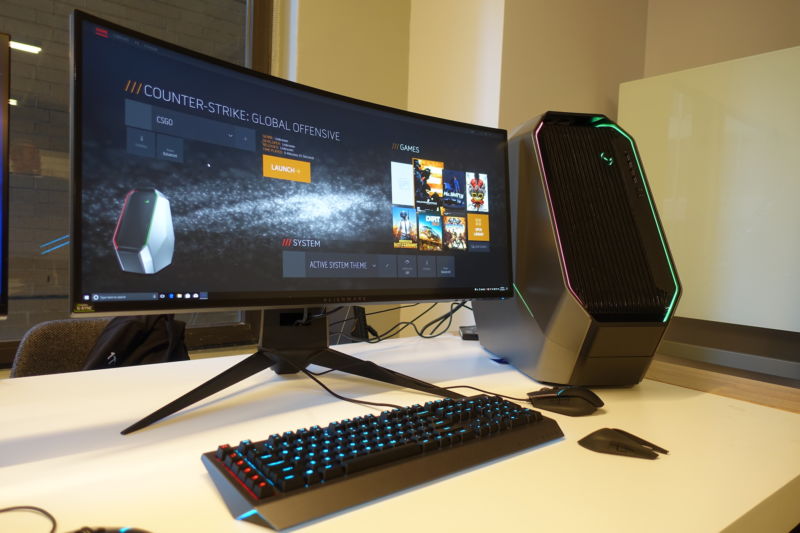Stack Overflow’s annual developer survey was published this week, giving an insight into the skills, experience, and opinions of a wide slice of the developer community. Since its launch in 2008, Stack Overflow has become an essential developer tool, offering copy/paste solutions to an ever-growing number of programming problems.
The Stack Overflow survey is particularly interesting, as Stack Overflow does not focus on any one kind of developer or development; is used by professionals, students, and hobbyists alike; and has substantial use across Europe, North America, and Asia, with respectable representation from South America, Africa, and Oceania. As such, it gives a view of the software development industry as a whole, across all fields and disciplines.
To the surprise of nobody, Web technology remains top of the usage chart: some 67.8 percent of developers use JavaScript, giving it the number one position; and 63.5 percent use HTML and CSS in second place. SQL once again takes the third slot, at 54.4 percent. The first change relative to last year’s survey comes at the fourth spot, with Python pushing Java into fifth place and Bash/shell scripting into sixth. C#, PHP, and C++ retain their same relative ordering at the seventh, eighth, and ninth slots.
Read 6 remaining paragraphs | Comments
